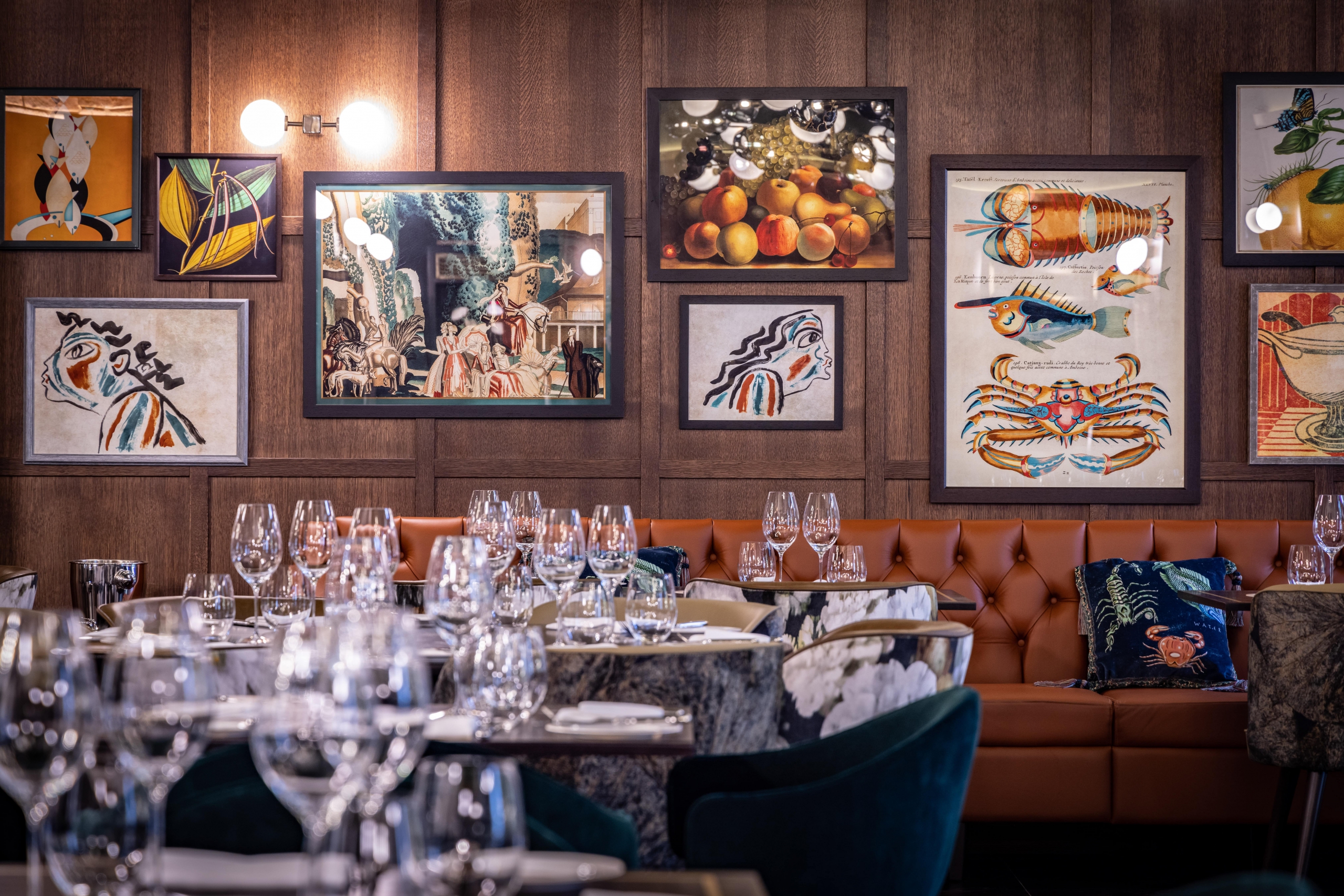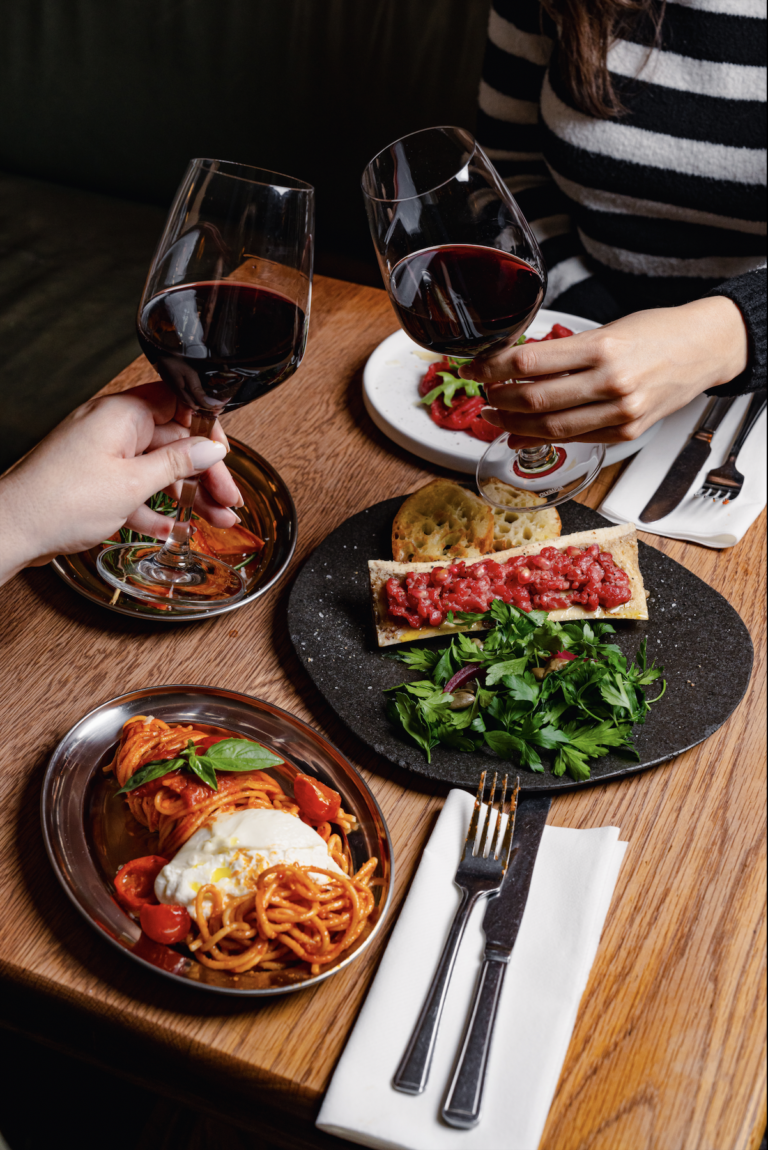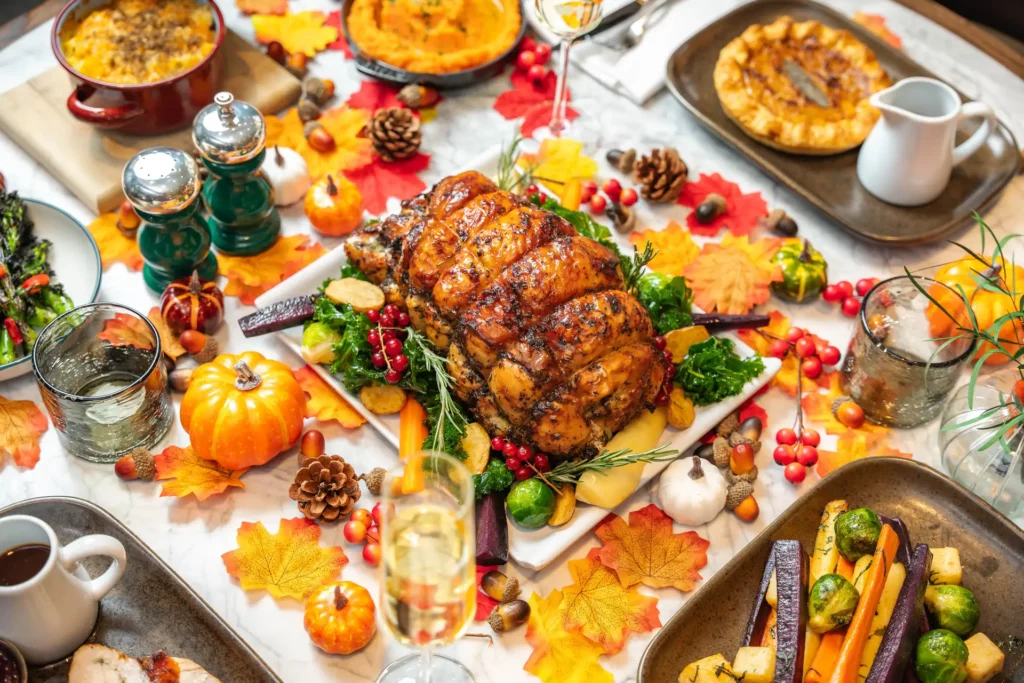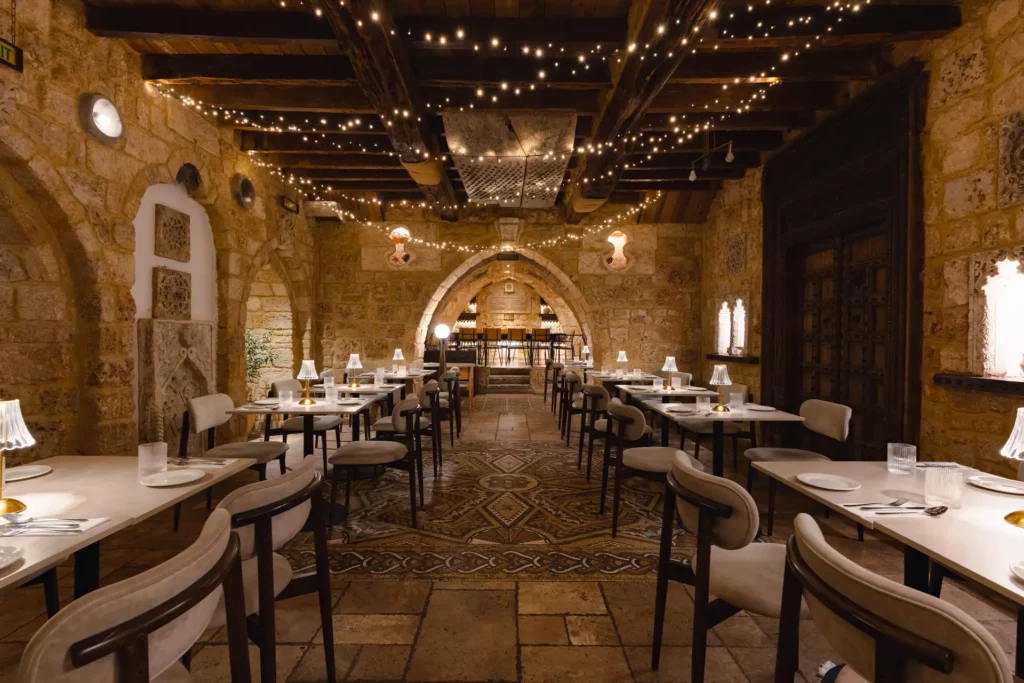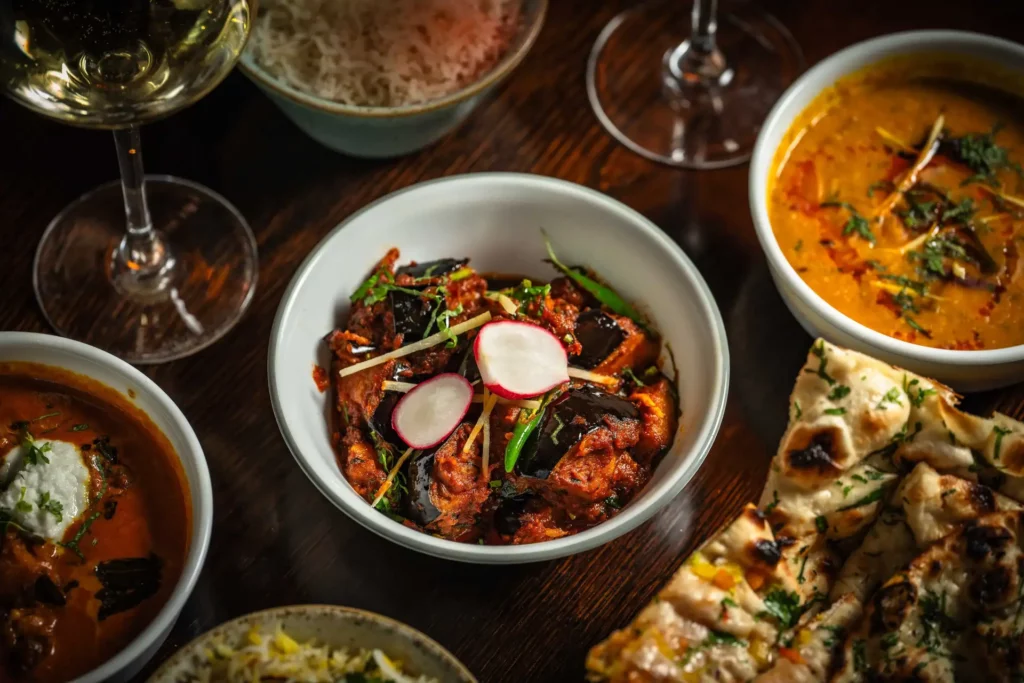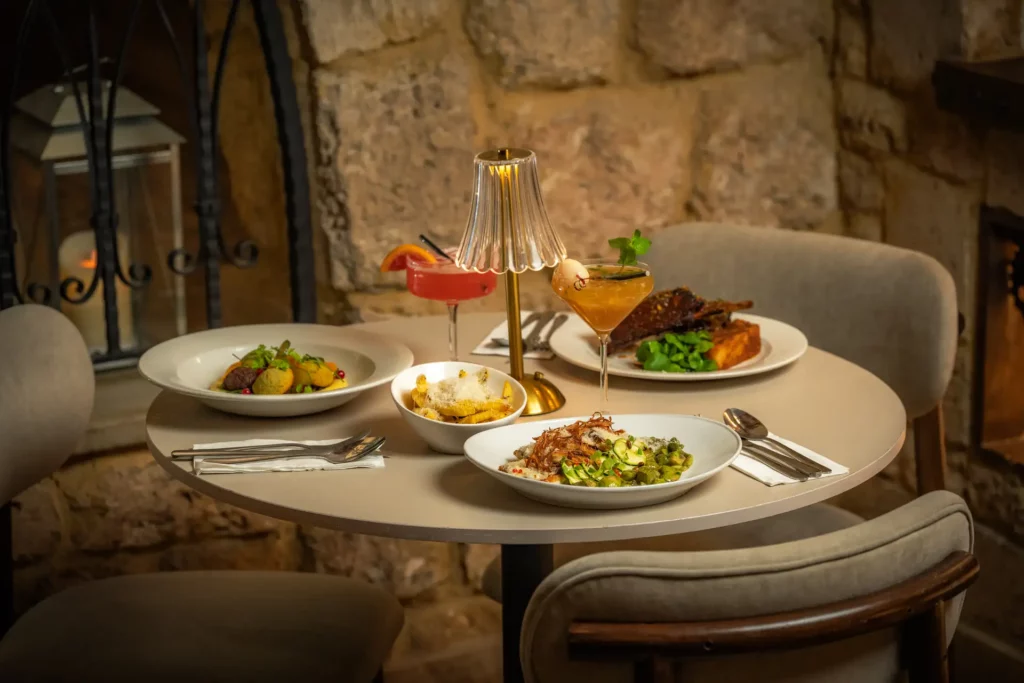What is a Michelin star?
Michelin star is a highly recognised and respected award in the restaurant industry. It acknowledges the quality and excellence of restaurants worldwide. The Michelin Guide, which started in 1900, was initially published to help drivers find places to eat during their travels. Today, Michelin awards one, two, or three stars to restaurants it considers worthy based on their food, service, and atmosphere. Such recognition enhances a restaurant’s reputation and attracts a diverse group of diners hoping to enjoy the delicate balance of taste, creativity, and quality.
The Michelin Guide is known for its strict inspection process and anonymity while executing its evaluations. It sends local, professional food experts inspectors to various restaurants to evaluate their food’s taste, quality, creativity, consistency, and value for money. The inspections are repeatedly conducted yearly to ensure that restaurants maintain their standards. The inspectors use five criteria to evaluate a restaurant:
- Quality of products
- Mastery of flavour and cooking techniques
- The chef’s personality in their cuisine
- Value for money
- Consistency between visits
Now, let’s talk about how a restaurant can aim to get nominated for a Michelin star.
- Consistency is key
The Michelin Guide is looking for restaurants that have consistency in their food quality, creativity, and service. Chefs must prepare their dishes to perfection every time. The Michelin Guide is looking for an experience built from various elements, including atmosphere, presentation, and the quality of the ingredients.
- Precision and creativity
The Michelin Guide is not only interested in dishes that are well executed but also looks for creativity and innovation. Chefs should aim to bring something unique to the table, putting their signature on their cuisine. The dishes should be visually exciting as well as deliver an outstanding taste.
- Time and effort
To achieve a Michelin star, a restaurant must put considerable effort and time into its cuisine. The restaurant should focus solely on providing the best dining experience possible, with an ever-evolving menu and focus on quality produce.
- Importance of service
Service is vital to a restaurant experience, especially when seeking a Michelin star nomination. Restaurants should provide excellent service, and the staff must feel passionate about making their customers happy. It is not just about the food but also about the whole experience an establishment offers.
- Humility and passion
A Michelin star restaurant should be run by humble, passionate people who are humble and appreciate the hard work and perseverance it takes to deliver a Michelin star experience. The kitchen should be a place of hard work, creativity, and respect where everyone shares the same vision of excellence.
In conclusion, obtaining a Michelin star requires dedication, consistency, and an outstanding dining experience. Although achieving it is challenging, it is an honour and a recognition that opens many doors to a restaurant. While aiming to get nominated for a Michelin star, one crucial thing to remember is to stay true to oneself and the vision of the cuisine each establishment aims to provide.
The difference between Michelin Guide and stars
The Michelin Guide and a Michelin star are often confused with each other, but they are two different things. The Michelin Guide is a prestigious restaurant guidebook published by the French tire company Michelin since 1900. The Michelin Guide rates restaurants on a scale of one to three stars, with three stars being the highest accolade. On the other hand, a Michelin star is an award given to restaurants by the Michelin Guide.
The Michelin Guide is published annually and covers several major cities worldwide, including Paris, London, New York, Tokyo, and Hong Kong. The guidebook is known for being highly selective and only featuring restaurants that meet its rigorous standards. Michelin inspectors, who are anonymous and visit restaurants unannounced, evaluate restaurants based on the quality of ingredients, mastery of flavour and cooking techniques, and consistency. The guide also includes information on restaurants’ atmosphere, service, and value for money.
Restaurants that are featured in the Michelin Guide can receive one, two, or three Michelin stars. One star indicates an excellent restaurant, two stars indicate excellent cooking worth a detour, and three stars indicate exceptional cuisine worth a remarkable journey. The number of Michelin stars a restaurant receives is a highly coveted honour and can significantly impact a restaurant’s reputation and business.
A Michelin star indicates the quality of food and the entire dining experience. Restaurants that receive a Michelin star are known for their exceptional cuisine, attentive service, and inviting atmosphere. The award is highly respected within the culinary industry and is often considered the ultimate accolade for a restaurant.
In summary, the Michelin Guide and a Michelin star are separate entities. The Michelin Guide is a restaurant guidebook that rates restaurants on a scale of one to three stars, while a Michelin star is an award given to restaurants that meet the Michelin Guide’s rigorous standards. A Michelin star is highly respected in the culinary industry and is a significant honour for any restaurant.
How to make it onto the Michelin Guide
Making it onto the Michelin Guide is highly selective, and there is no set formula for getting a restaurant listed. However, restaurants can do a few things to increase their chances of being featured in the guide:
- Focus on quality: The Michelin Guide is about quality, so restaurants must deliver the best food, service, and atmosphere. The chefs use the freshest, highest-quality ingredients, cooking them expertly and presenting them beautifully.
- Be consistent: Michelin inspectors visit restaurants anonymously and at different times of the year, so restaurants must perform consistently. They deliver the same high quality every day, whether it’s a busy weekend or a quiet weekday.
- Pay attention to detail: The Michelin Guide is known for its attention to detail, so restaurants must pay attention to every aspect of the dining experience, including everything from the quality of the napkins to the temperature of the wine.
- Stand out from the crowd: The Michelin Guide is highly selective, so restaurants must find ways to stand out. This could be through innovative cooking techniques, unique flavour combinations, or an exceptional wine list.
- Get involved in the local food scene: The Michelin Guide also looks for restaurants that are part of the broader food scene—participating in local food events, collaborating with other chefs and restaurants, and supporting local farmers and producers.
Ultimately, making it onto the Michelin Guide requires hard work, attention to detail, and a commitment to quality. While there is no guarantee of making it onto the guide, following these tips can increase a restaurant’s chances of being featured.
Want to give your restaurant the attention it deserves? Get in touch with Posh Cockney today.


